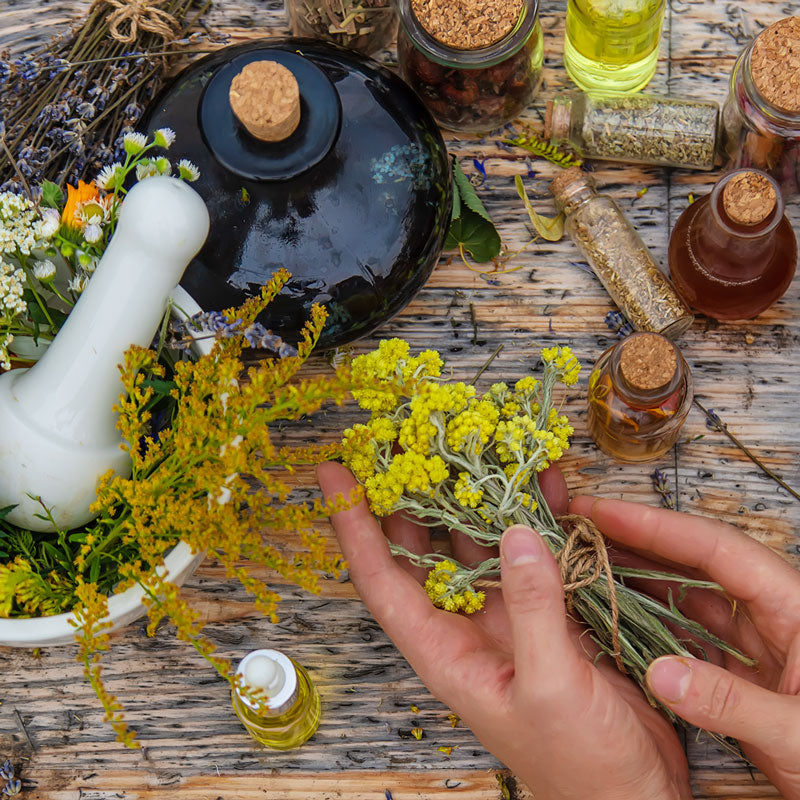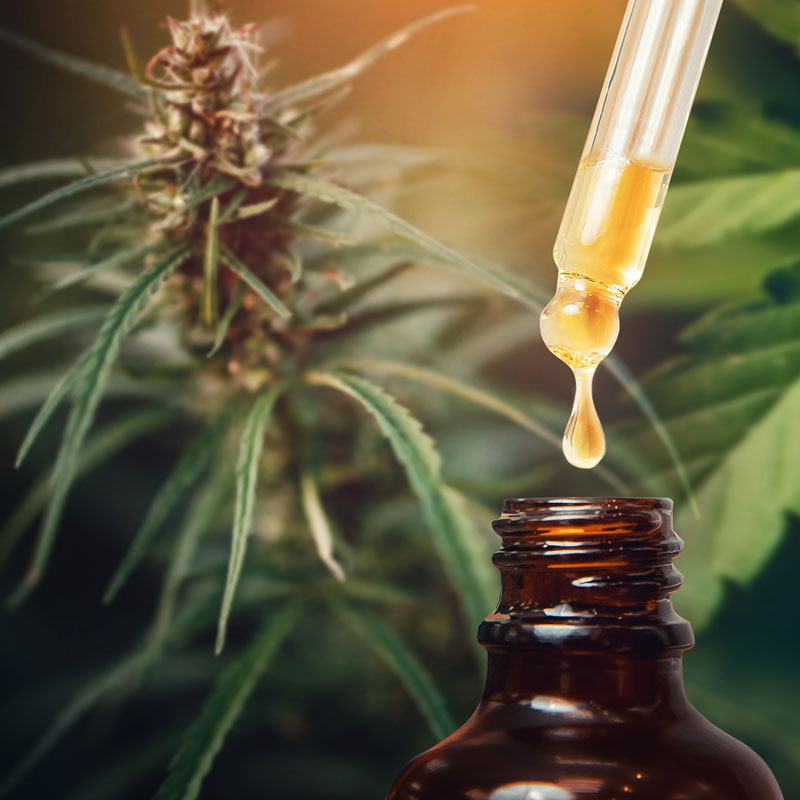Top 11 Herbal Ingredients That Support Circulatory and Cardiovascular Health

Maintaining a healthy circulatory system is vital for energy, endurance, and general well-being. Herbalists throughout history have turned to nature’s apothecary for support with heart and vascular-focused wellness practices. Many herbs have been traditionally valued for their use in herbal preparations believed to encourage healthy flow, comfort, and balance. Whether you're exploring herbal traditions or creating your own tinctures at home, these 11 herbs have held a place in folk practices related to circulatory and cardiovascular support.
Herbs Traditionally Used to Support Circulatory Wellness
Black Peppercorn – Traditionally used to complement digestive blends and included in preparations focused on warmth and internal movement.
Cacao – Historically appreciated for its uplifting qualities and its inclusion in ceremonial and invigorating herbal blends.
Cinnamon – Long used in culinary and herbal traditions for its warming properties and aromatic depth.
Garlic – Frequently incorporated in both culinary and herbal practices for its pungency and historical use in wellness formulations.
Ginger – Valued for its traditional role in herbalism where it was used to stimulate warmth and comfort, especially in cold weather blends.
Ginkgo Biloba – Used traditionally in Eastern herbal systems to support clarity and focus; often found in historic wellness tonics.
Hibiscus – Known for its vibrant color and tart flavor, hibiscus has been traditionally brewed into teas to refresh and soothe.
Pink Peppercorn – Used in both culinary and folk preparations, often featured in tonics and elixirs for its bright aromatic profile.
Rosemary – Featured in Mediterranean herbalism and cooking, rosemary has been traditionally linked with remembrance and clarity.
Shepherd’s Purse – Historically noted for its astringent qualities and traditionally used in topical and internal folk blends.
Yarrow – A staple in traditional European herbalism, often used to support comfort and balance in seasonal transitions.
To explore these herbs further, consider making your own herbal tinctures using 200 proof food grade ethanol. Alcohol-based tinctures offer a time-tested method for extracting and preserving botanical compounds in a shelf-stable format. Whether working with a single herb or creating custom blends, starting with pure food grade ethanol ensures a clean and effective extraction process.
Disclaimer:
This content is for educational purposes only and is not intended to diagnose, treat, cure, or prevent any disease. No health claims are made. Always consult a qualified healthcare provider before beginning any herbal regimen, especially if you are pregnant, nursing, or managing an existing health condition.



















